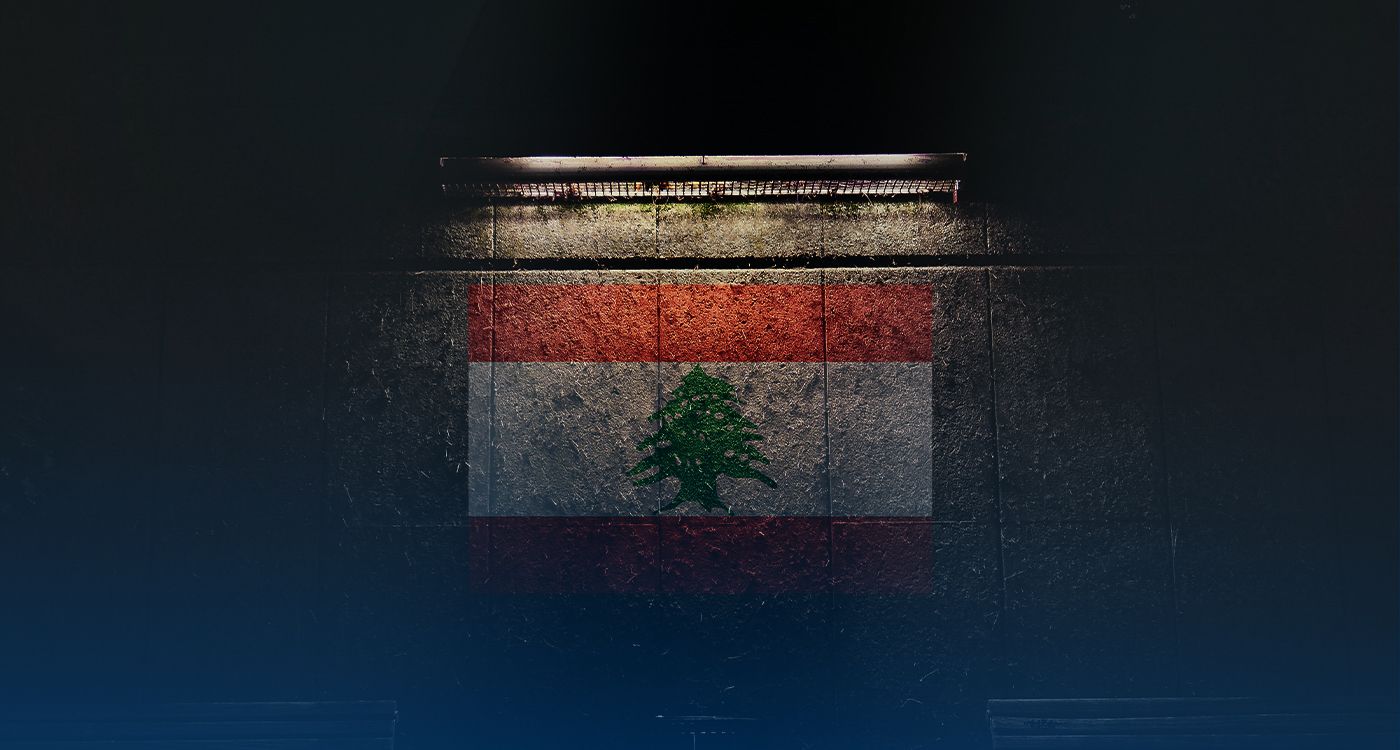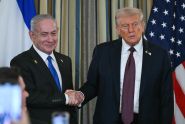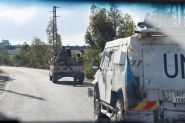
The election of a president and the nomination of a new prime minister in Lebanon were good omens, but the process of political normalization doesn’t seem to be moving in the right direction. The ongoing negotiations in Gaza about the release of Israeli hostages and the swap of Palestinian prisoners are stumbling as well. The smooth transition in Syria is not yielding a consensual agreement on its political future amongst the different aisles of the Islamist coalition. This state of political stalemate traces to multiple factors that summarize the inability of these different political environments to move forward towards negotiated political arrangements, the deficient democratic credentials and the lingering geostrategic dilemmas.
These different political environments are still under the sway of Iran’s political influence at a time when its geopolitical footholds are eroding and its political and ideological dynamics are subsiding. In parallel, these environments have not evolved their political antidotes against authoritarian backlashes and the looming hazards of chaos and the resurgence of political violence. In spite of their idiosyncrasies, they all partake of the frozen conflicts model, where societies are victims of their self-generated political toxins and their instrumentation by the vying regional and international power brokers.
The formation of a new government in Lebanon, rather than proceeding on a consensual basis, reproduces the same ideological and political stumbles that have undermined democratic governance and led to the collapse of state institutions and their instrumentalization by the competing power players. Aside from the legal equivocations bequeathed by the Taif agreements, the Shiite power contentions, the murkiness of Sunnite political positioning and the indecisiveness of the Christian political actors and their fractured political scenery are not, by any means, helpful to dissipate the hardly wired fractiousness of the Lebanese political landscape or help moderate their respective political agendas.
We should add to the internal equivocations the conventional psychotic blinders that prevent Lebanese political actors from acknowledging realities and tackling them accordingly. Hezbollah is still adamant about its ability to overturn its defeat at a time when its whole strategic scheme based on the integrated operational platforms has gone into smithereens, its strategic heartland in Lebanon reduced into rubble and the political fortunes of the Iranian regime are relics of the past.
The Sunnite prime minister is operating as if his communal platform is coherent enough to facilitate his outsized political projections, ideological whims and non-revised outlooks on how to deal with Israel, which undercut his ability to operate in a consensual manner. The Christian constituencies, while applauding heartily the political evolutions, have not yet come to terms with new political dynamics elicited by the Israeli counteroffensive and its implications. By and large, Lebanese have a hard time dealing with disruptions and severing ties with their oligarchic entanglements, political prejudices and ideological blinders, but not with their fallacies and malevolent opportunism.
The Gaza political scene is still jockeying and swayed by the toxic influence of its self-generated monsters. In spite of the 42,000 victims and the mass destruction bequeathed by the criminal and reckless undertaking of Hamas and acolytes, they are still manipulating the trump card of the Israeli hostages, trying to outmaneuver Israel and restore their undisputed authority over the district. Put in other words, they are indifferent to the tragic plight of the civilians and put ahead their political interests above any other consideration.
The prospective political swap doesn’t seem to usher in a new political phase and set this conflict back on the road to a negotiated solution. The Palestinian political scenery is unable to rebuild itself beyond its fractiousness and debilitating dependencies and inaptitude to reengage Israel on a new negotiating course away from the delirious nihilism and the zero-sum game scenarios. In contrast, Israeli radicals are strengthening and imposing themselves as a major political player to reckon with.
The transition in Syria is hobbled since the Islamist coalition rifts are reemerging after the peaceful interlude, the ideological consensus doesn’t seem to prevail and the justice of transition is superseded by the boisterous claim for revenge and score settling. The liberalizing views of Ahmad al-Sharaa are not only contested, but they are being challenged by a politically driven criminality fed with the regained salience of ideological pronouncements.
The meteoric metamorphosis of Syria betrays the weaknesses of a profoundly flawed society where structural breakdowns have yielded a state of endemic violence, trivialized savagery and death of civility. The inability of the Syrian regime to extract itself from these interlocked sources of political destructiveness and rampant dehumanization is quite discernible but not dooming. Otherwise, the issues of ethno-political pluralism and the de facto Kurdish and Druze autonomies are still not well understood by the newly emerging Sunnite power brokers and left unto the discretionary interventions of regional power brokers. Before setting its strategic choices, the new regime in Syria is in no position to define its final political course.




Comments